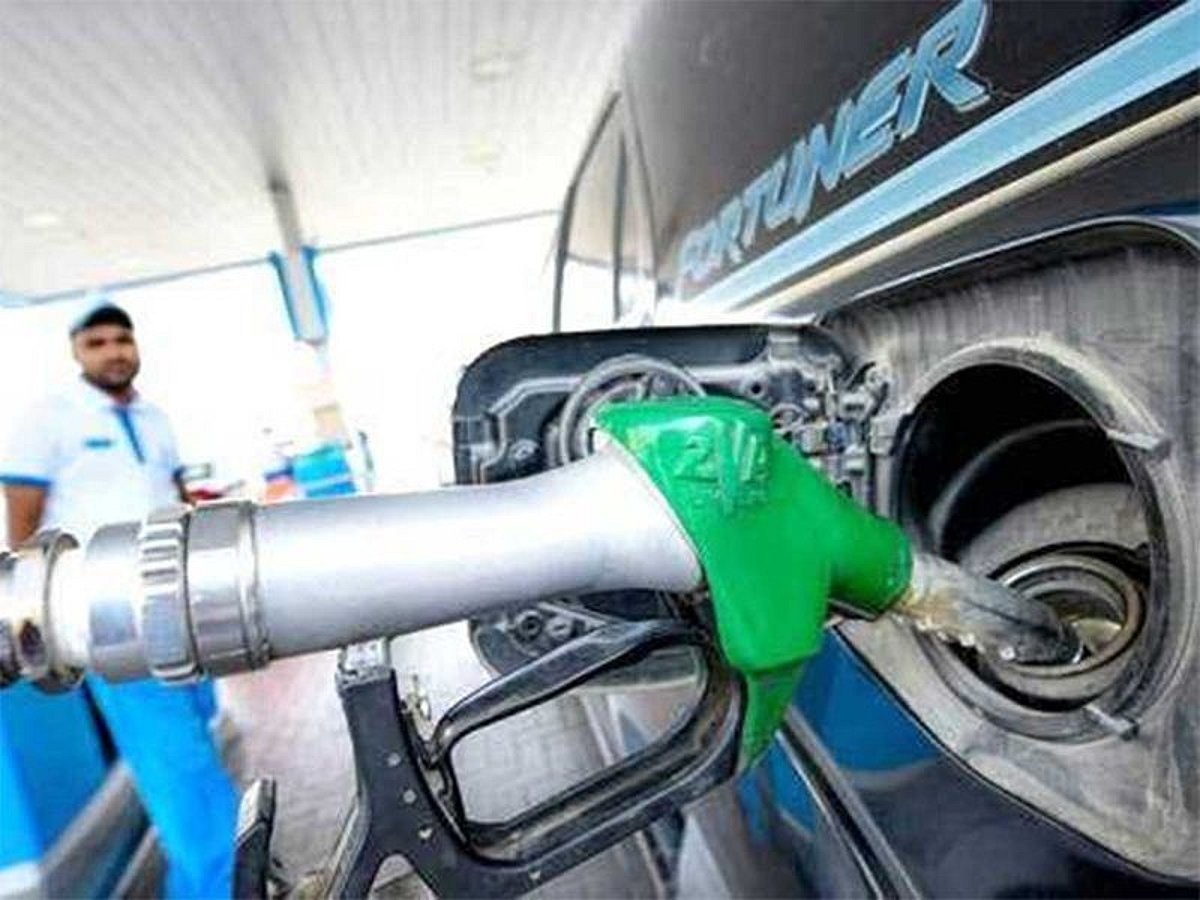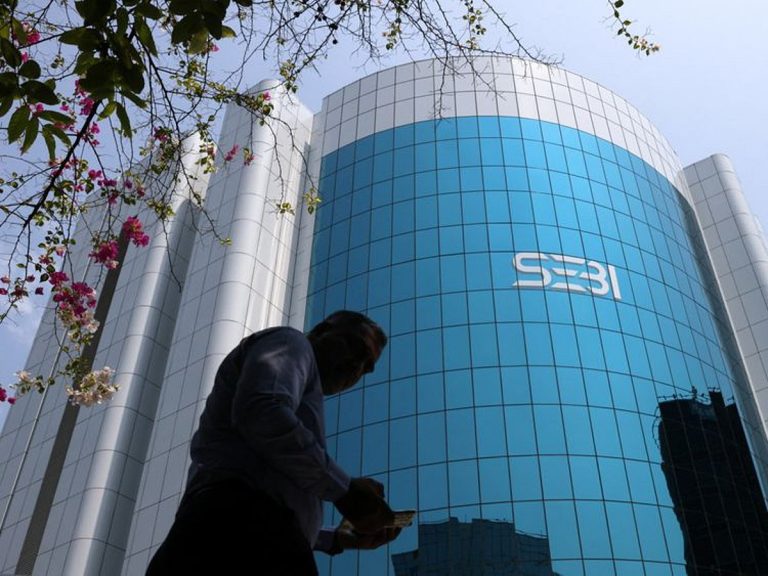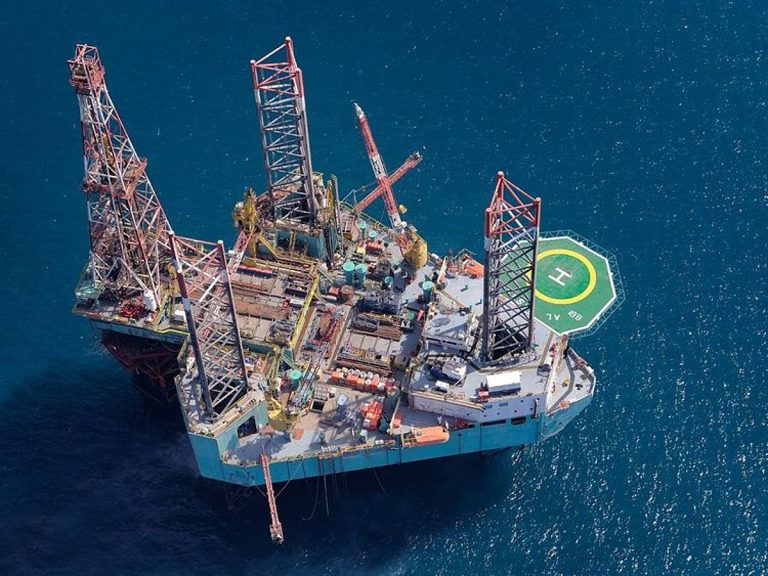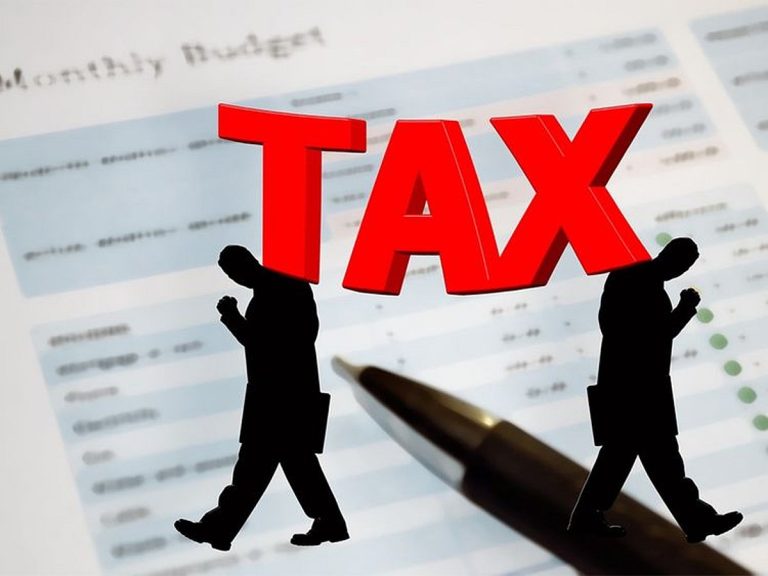UAE Fuel Price Outlook for November: What to Expect
As the UAE prepares to announce fuel prices for November, motorists are left wondering if they will see a decrease following the recent rise in October. The global oil market is experiencing fluctuations, influenced by geopolitical factors and supply dynamics, which will ultimately determine the prices at the pump.
Recent Price Trends
In October, fuel prices in the UAE increased by 7-8 fils per liter. Specifically, Super 98 petrol reached Dh2.77, Special 95 rose to Dh2.66, E-Plus 91 climbed to Dh2.58, and diesel prices edged up to Dh2.71 from Dh2.66 in September. Since the UAE deregulated fuel prices in 2015, these adjustments have closely mirrored global oil trends, increasing when crude prices rise and decreasing when they fall.
Global Oil Market Influences
Currently, Brent crude oil is trading around $66 a barrel, having surged 5.4% in a single session due to new U.S. sanctions imposed on major Russian oil producers. This development has led to the largest weekly gain in oil prices since June. Additionally, Kuwait’s oil minister has suggested that OPEC may consider increasing output if demand warrants it, which could further impact prices.
Earlier predictions had indicated a potential drop in fuel prices, driven by signs of a global oil surplus. However, the recent sanctions have shifted market expectations, leading to a tighter supply scenario. This situation has caused the market to enter a phase known as “backwardation,” where current oil prices exceed those for future delivery, indicating short-term price strength.
Future Price Predictions
Analysts are now cautioning that fuel prices in the UAE are unlikely to see significant drops in the near term. If current trends persist, motorists may experience stable or slightly elevated prices before any potential easing occurs. Arne Lohmann Rasmussen from Global Risk Management noted that the impact of the sanctions could be felt at the pump within days, depending on how long the sanctions remain in effect.
While U.S. crude prices have recently dipped below $57 a barrel, the overall supply situation suggests that UAE fuel prices may remain steady as November approaches, with limited potential for reductions.
FAQs
Will fuel prices in the UAE decrease in November?
Current trends suggest that fuel prices may remain stable or increase slightly, rather than decrease significantly.
What factors influence fuel prices in the UAE?
Fuel prices in the UAE are influenced by global oil market trends, geopolitical events, and supply-demand dynamics.
How often are fuel prices adjusted in the UAE?
Fuel prices in the UAE are adjusted monthly, reflecting changes in global oil prices since the deregulation of fuel pricing in 2015.
Conclusion
As the UAE approaches the announcement of November fuel prices, the outlook remains uncertain due to recent geopolitical developments and market dynamics. Motorists should prepare for potentially stable or slightly higher prices, with any significant changes depending on the evolving global oil landscape.
The UAE’s fuel pricing mechanism is closely tied to the fluctuations in the global oil market, which is influenced by a variety of factors including geopolitical tensions, production decisions by OPEC, and changes in global demand. The recent imposition of sanctions on Russian oil has not only affected prices but has also raised concerns about supply disruptions, which can lead to increased volatility in fuel costs. As a result, the UAE’s pricing strategy may need to adapt to these external pressures, ensuring that local prices reflect the realities of the international market.
In addition to geopolitical factors, seasonal demand patterns also play a role in fuel pricing. As winter approaches, demand for heating oil typically rises in many regions, which can further tighten supply and influence prices. The UAE, while not heavily reliant on heating oil, may still experience indirect effects from global demand trends. Furthermore, the ongoing recovery from the COVID-19 pandemic has led to increased travel and transportation activity, contributing to higher fuel consumption and potentially impacting prices in the region.
Motorists in the UAE should remain vigilant as they monitor the situation, as any significant changes in the global oil landscape could lead to rapid adjustments in local fuel prices. The government’s approach to fuel pricing will continue to reflect both domestic needs and international market conditions, making it essential for consumers to stay informed about potential shifts that could affect their fuel expenses in the coming months.
Also Read:
Gold Prices Drop in UAE Amid Global Market Changes







